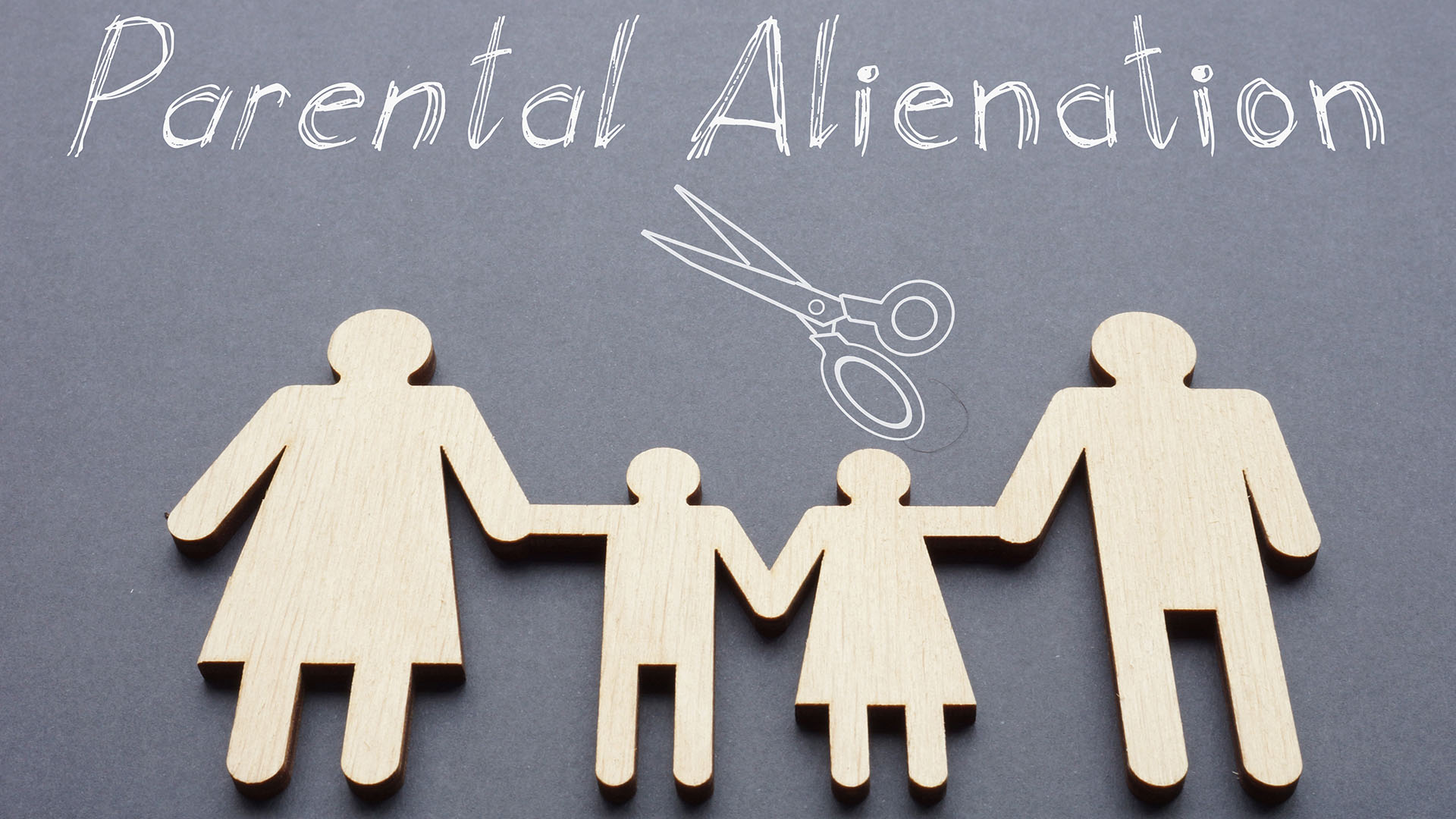It is the public policy in Florida that minor children have frequent and continuing contact with both parents after the marriage is dissolved or the parents separate and to “encourage parents to share the rights and responsibilities, and joys of childrearing.” Ideally, parents are mature enough to learn to successfully co-parent for the sake of their child. What happens, then, if a minor child resists spending time or communicating with one parent?
Certainly, there will be some instances when the issue originates from within the child, e.g., children can experience anxiety, confusion, anger, sadness, a sense of betrayal, etc. when parents separate. Parental alienation is different, however, in that it is initiated by one of the separating parents in an attempt to recruit the child over to that parent’s side against the other parent. When a child is expressing reluctance, or even outright refusal, to be with one parent, it is critical to get to the source of the issue.
Parental alienation can be subtle or overt and can manifest itself in many ways. While not a comprehensive list, the parent attempting to alienate the child from the other parent might make disparaging comments about the other parent to the child, suggest the other parent has abandoned them, behave obviously sad or distraught when the child is to spend time with the other parent in order to make the child feel guilty for leaving or enjoying time with the other parent, and might find creative ways to not comply with timesharing.
Parental alienation can be difficult to prove. It helps to keep good notes with any evidence suggesting this type of manipulation by the other parent. The appointment of a Guardian ad Litem or social investigator might also be appropriate as these professionals can help shed light on the dynamics at play in a particular family and testify to such at trial.
It’s important to note that courts take parental alienation seriously. If proven by competent, substantial evidence, parental alienation can justify awarding the parent who is attempting to alienate the child from the other parent less time with the child than the parent who does not harm the child by engaging in such behavior. Furthermore, if proven, parental alienation can also justify a modification of a time-sharing designation in a final judgment of dissolution of marriage or paternity.
It is certainly in the best interest of children to have a positive, healthy relationship with both parents. To that end, it is imperative to address signs of parental alienation to ensure the best possible outcome for your child. If you believe parental alienation is occurring within your family, contact one of our experienced family law attorneys to understand your legal rights and options.



